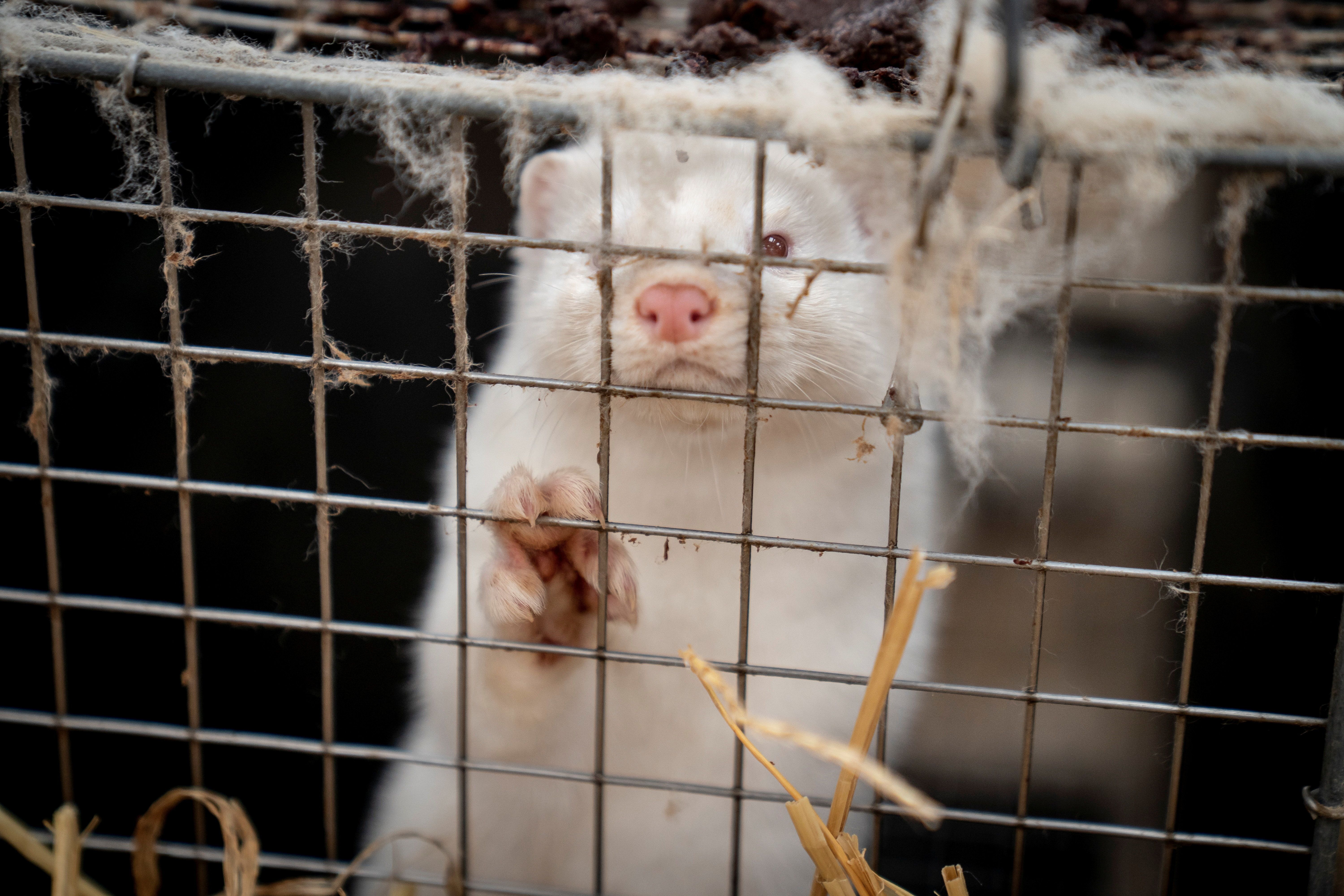News
November 12, 2020
15: The Danish government has scrapped plans to cull all of the country's nearly 15 million minks, which are believed to carry a mutation of the novel coronavirus. The massive undertaking — which would have required military assistance and a mass mink burial — triggered a political scandal and failed to win sufficient backing in parliament.
2: Two days after Brazil paused a Chinese company's COVID-19 vaccine trial because of a "severe adverse incident," authorities have allowed the trial to resume, revealing that the death of a trial volunteer was not in fact linked to the vaccine. The drug, made by Sinovac Biotech, is one of China's most advanced COVID-19 vaccine candidates.
62,700: Around 62,700 Venezuelan health care workers will receive additional compensation for their heroic efforts to treat COVID-19 patients amid a crippling economic crisis. But the payments aren't coming from the government. Instead, they are being arranged by opposition leader Juan Guaidó who, because he is recognized by the US as president, has gained access to Venezuelan offshore funds in the United States that were seized under sanctions against the regime of strongman president Nicolas Maduro.
8,000: The Trump campaign has been flooding supporters with calls to contribute to its legal fund, as part of its efforts to overturn election results in key states like Michigan and Pennsylvania. But an investigation shows that only donations over $8,000 are in fact going towards the legal fund, while most of the money is in fact being funneled elsewhere, including the Republic National Committee, and a Trump leadership PAC which doles out cash to cover other Republican races, as well as staff travel expenses.More For You
Most Popular
Fishing boats moored at Taganga Beach, as fishermen express concern over unclear US government videos showing strikes on vessels during anti-narcotics operations, amid fears that those targeted may have been fishermen rather than drug traffickers, in Santa Marta, Colombia, on October 20, 2025.
REUTERS/Tomas Diaz
Walmart’s $350 billion commitment to American manufacturing means two-thirds of the products we buy come straight from our backyard to yours. From New Jersey hot sauce to grills made in Tennessee, Walmart is stocking the shelves with products rooted in local communities. The impact? Over 750,000 American jobs - putting more people to work and keeping communities strong. Learn more here.
© 2025 GZERO Media. All Rights Reserved | A Eurasia Group media company.
